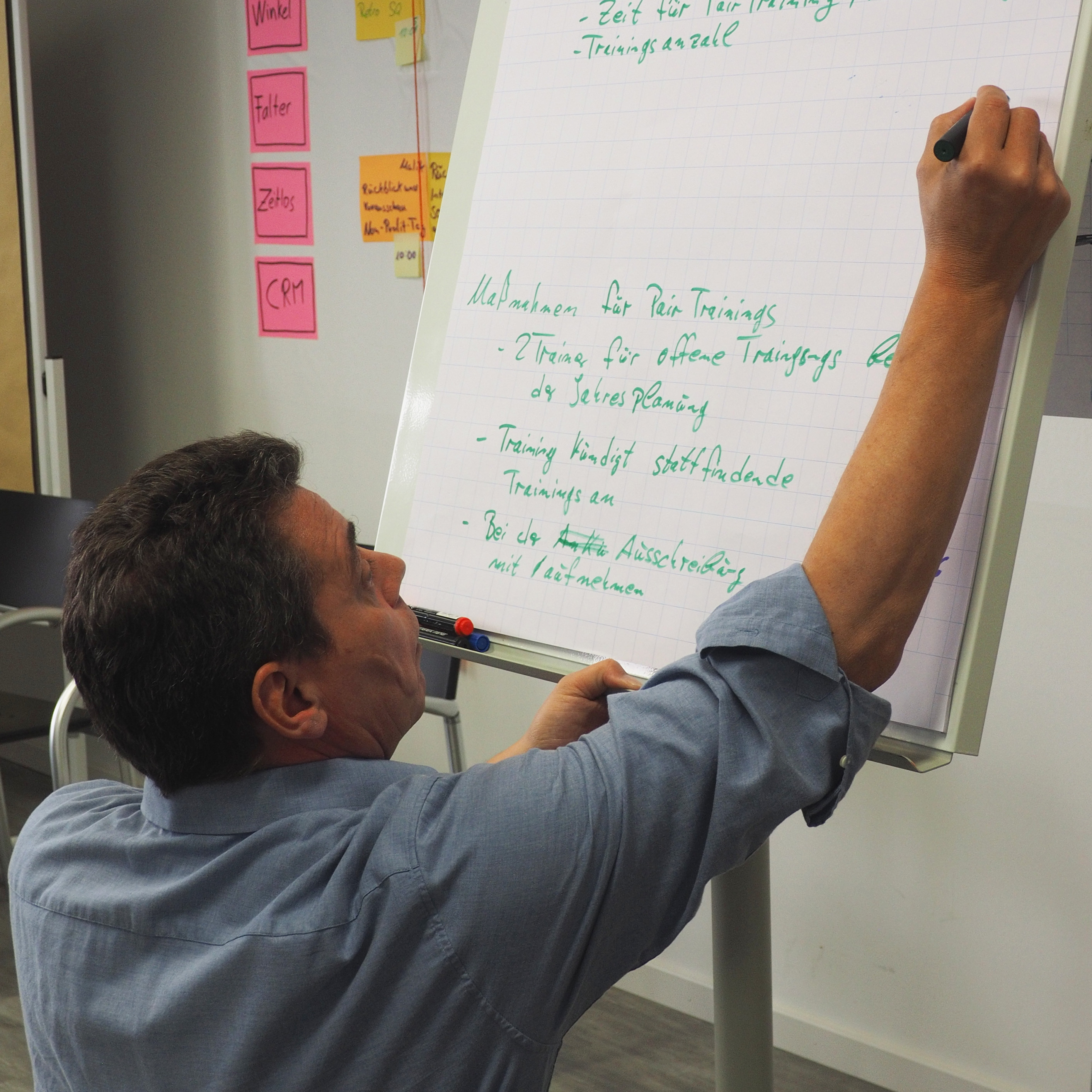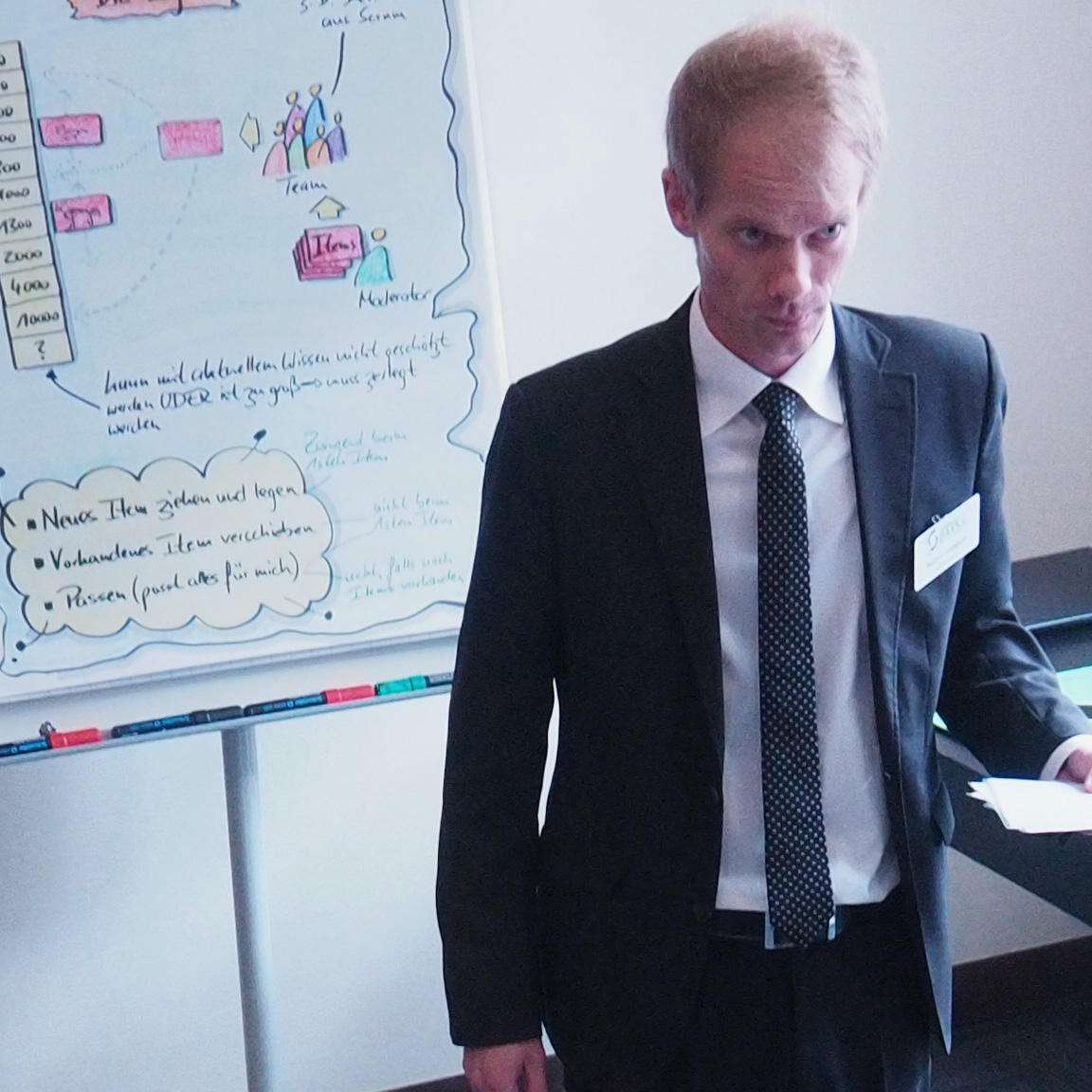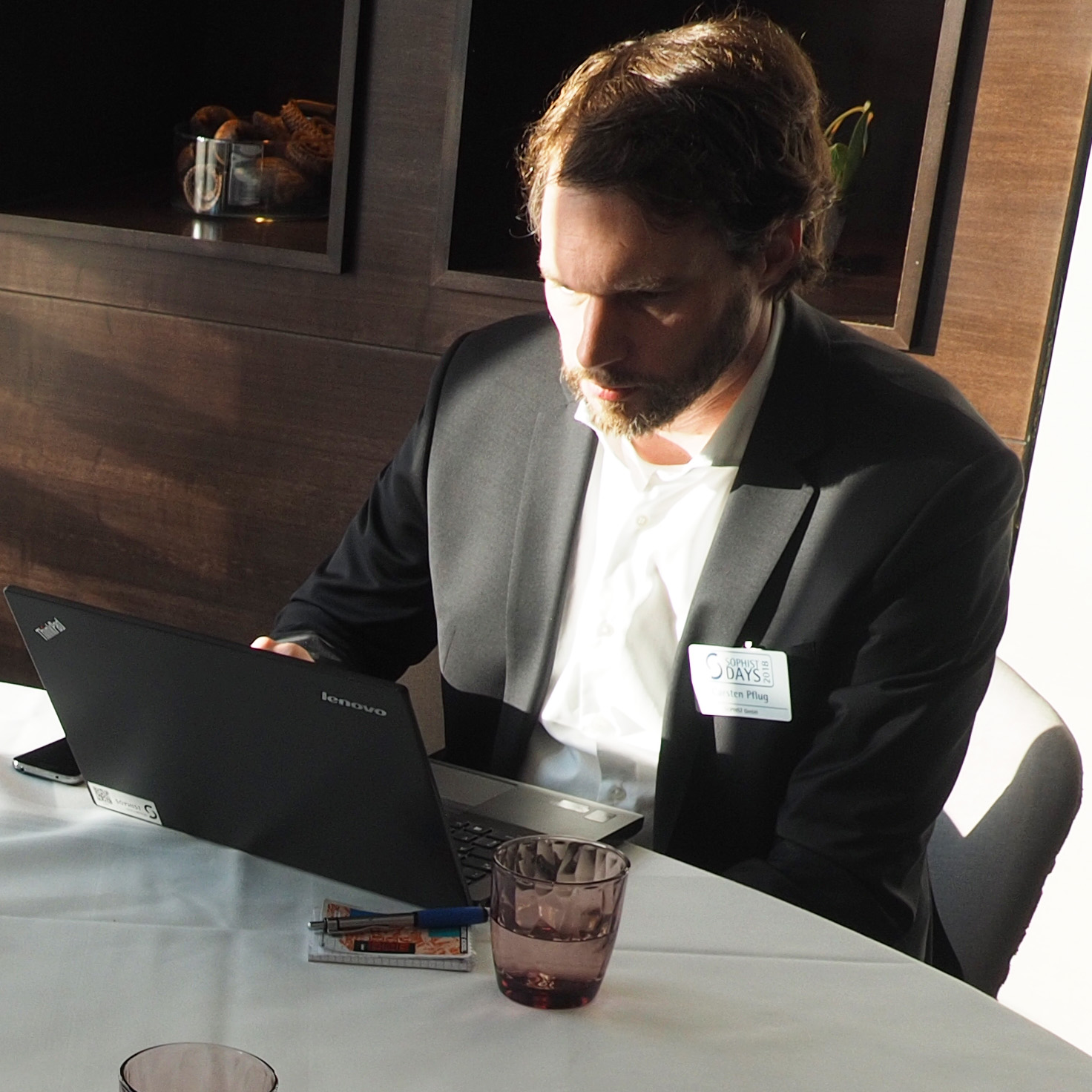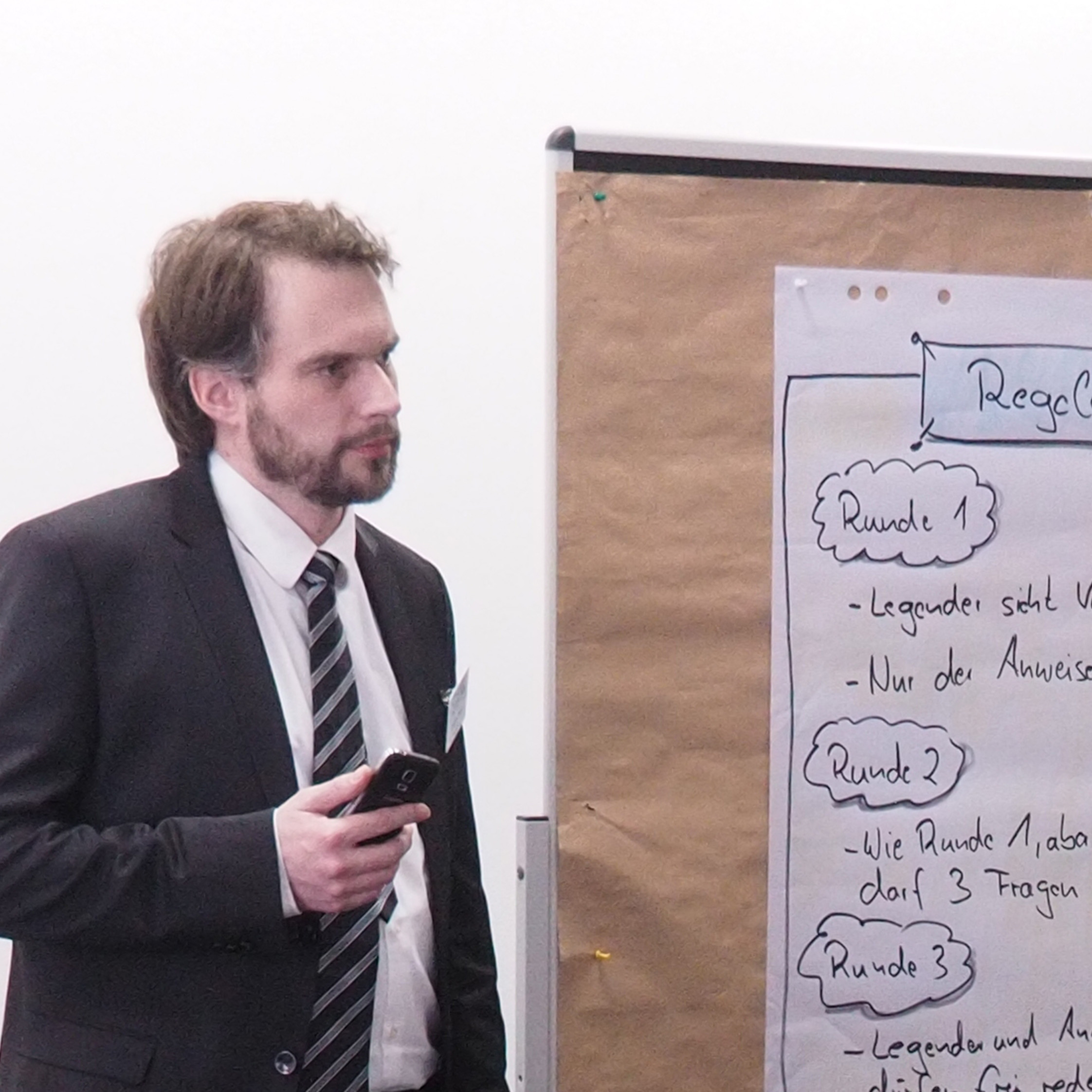Our consultants support you in the operational areas of requirements and systems engineering, as well as business analysis in the agile and classic project environment, in the subdisciplines of requirements elicitation, documentation, validation and consolidation, and management of requirements. Depending on the task, one SOPHIST consultant or even a small SOPHIST team can support you. Furthermore, our consultants do not only support you as Requirements Engineers, Systems Engineers or Business Analysts. They are also filling specific roles, such as Scrum Master, Product Owner or Product Owner Assistance. Support can be provided temporarily by covering peak work periods or bridging parental or sick leave periods.

The focus in requirements engineering is naturally on eliciting, documenting, checking, agreeing and managing requirements. Clear communication with sufficient sensitivity for the respective counterpart, and the ability to adjust to this, are fundamentally important for successful requirements engineering. This is complemented by a very structured and systematic way of working in order to successfully perform requirements engineering.
In the role of requirements engineer, our consultants undertake the following activities, among others:
In systems engineering, one considers a product, both as a complete system and over the entire product life cycle, from the idea to disposal.
The main activities in systems engineering take place during development. In this context, requirements that will become necessary for the entire product life cycle are already taken into account during development. These are, for example, requirements from logistics, production, quality assurance, further development, care, maintenance or disposal.
In addition to good facilitation skills, systems engineers have sufficient knowledge to assess individual decisions at the component level. They ensure that all product requirements are implemented.
In the role of Systems Engineer, our consultants perform the following activities, among others:

The business analyst is responsible for performing the selected business analysis tasks, providing an intermediary role between development and stakeholders. That is, he uses methods and techniques used in collaboration with various stakeholders to understand the business policies, structures and operations in an organization and propose solutions/improvements that will enable the company to achieve their goals in order to survive in the market.
In the role of business analyst, our consultants undertake the following activities, among others:


A team analyst supports a Scrum team in analyzing new requirements and documenting the system to be developed. He brings the necessary requirements engineering know-how to your project in order to have the functional requirements penetrated and documented at the right level of detail at the right time.
In the role of team analyst, our consultants perform the following activities, among others:
A Scrum Master focuses on the sustainable optimization of team performance. This can be done by improving the understanding of agile principles, by resolving internal or cross-team conflicts, by optimizing the working environment or by further developing individual team members. The Scrum Master recognizes potential for improvement and manages to raise it.
In the role of the Scrum Master, our consultants take on the following activities, among others:


A product owner plays a central role in an agile development environment and takes on many of the classic requirement engineering activities, such as eliciting, prioritizing and coordinating requirements. As a good product owner should have internalized the agile values as well as have a sound methodological knowledge, our consultants are predestined for this role.
In the role of Product Owner, our consultants take on the following activities, among others:
If you have any questions to the consulting and project work of SOPHIST, we are at your disposal: from the organization and preparation to implementation and follow-up. We will be happy to help you.
Copyright 2018
Do you need more information?
Just give us a Call and let us direct you to the right contact person?
Tel: +49 (0)9 11 40 90 00
E-Mail: heureka[at]sophist[dot]de
Our office hours: Monday to Thursday: Friday:
08:00 - 12:00 Uhr 08:00 - 12:00 Uhr
13:00 - 18:00 Uhr 13:00 - 17:00 Uhr
Of course you are also welcome to reach various departments directly by e-mail:
All about trainings, projects or consulting activities:
All about our job offers and your career opportunities at SOPHIST:
DeineZukunft[at]sophist[dot]de
All about our events, marketing activities and publications:
You might also be interested in these topics: